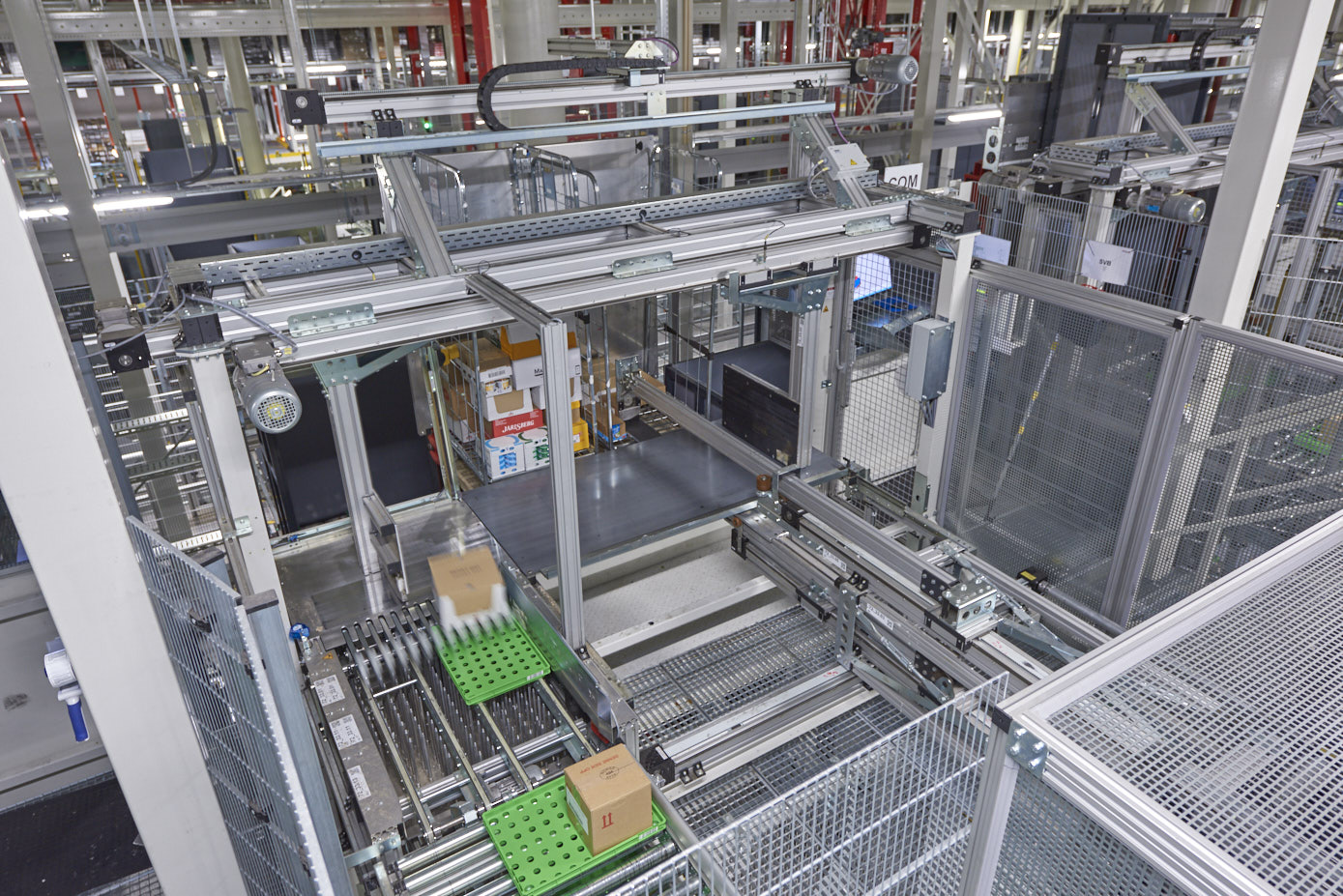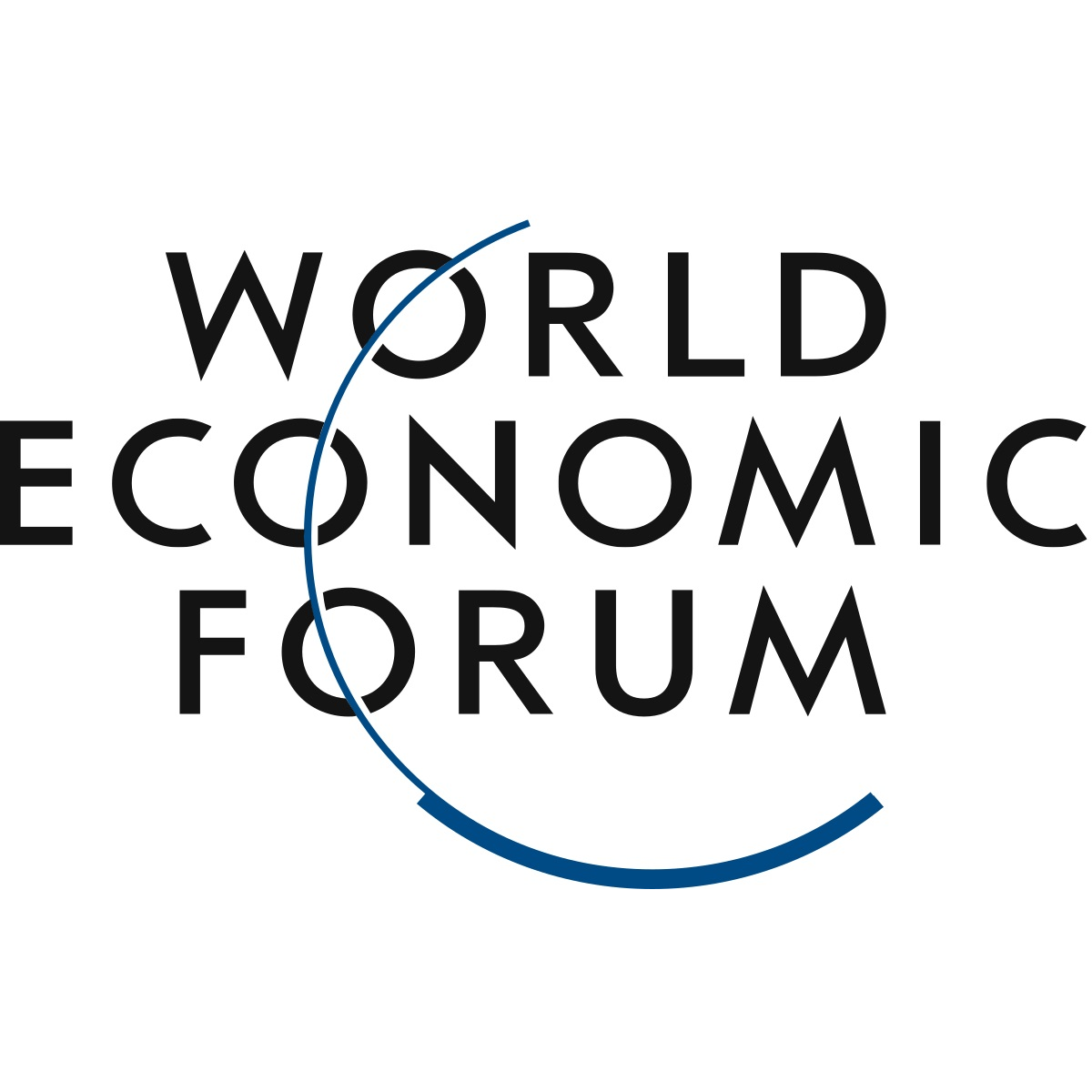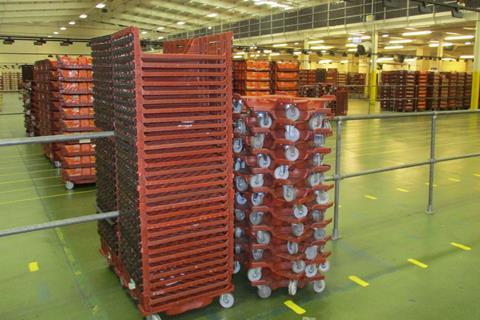Since their introduction in 2021, the latest electric counterbalance trucks from Linde Material Handling (MH) have been setting new standards with regard to ergonomics, visibility, safety and energy efficiency. Now, the Linde E25 to E35 models are also available in explosion-proof versions.
Operators can thus benefit from the extensive range of advantages offered by these series-production trucks. The vehicles for ATEX zone 2/22 are already available, with the versions for zone 1/21 to follow in mid-2023.
It was one of the crowd-pullers at the Dangerous Goods/Hazardous Substances trade fair in Leipzig at the beginning of November: the new Linde E25 to E35 EX electric forklift truck for ATEX zone 2/22. With the models of this series, the fundamentally improved generation of Linde counterbalance trucks is now also available for use in hazardous areas.
Close collaboration
“The close collaboration between series and Ex truck development at Linde Material Handling has proven its worth once again,” emphasizes Elke Karnarski, Product Manager Ex-Proof Trucks. The design of the chassis, cab and mast provides an optimal view of the vehicle, load and working environment, thus serving both increased handling performance and greater operational safety. Additionally, drivers benefit from an optimized operator’s workplace which is even more generously dimensioned than in the previous models and offers more headroom, for example.
“Thanks to the complete integration of the explosion protection measures, the advantages of the series-production trucks are fully retained for all ATEX zones,” affirms Karnarski.
At the same time, operation in hazardous environments is taken into account. Protection against static charge is provided by plastic trim, floor mats and tires, as well as seat upholstery and armrests made of dissipative material. For the first time, the front, rear and roof wipers for zone 1/21 are electrically operated as standard. As with the standard vehicles, drivers of explosion-proof models can read important information – such as the battery charge status, error codes or when the next service is due – on a 3.5-inch display (standard for zone 2/22) or the generous 7-inch TFT colour display (optional for zone 2/22, standard for zone 1/21).
Safety-relevant values, such as the temperature of various components, are also monitored and alerts are shown on a separate display. Additionally, the EX-Monitoring app provides the driver with specific recommendations for action such as letting the vehicle cool down for 15 minutes, for example. The app also enables predictive maintenance, by way of monitoring safety-critical wear parts and prompting the customer at an early stage to schedule a service appointment.
Comfortable, economical, safe and agile
In addition, the driver’s workplace is largely decoupled from the drive unit and mast, and an elastomer ring bearing is used for shock absorption on the front axle. This is particularly noticeable when driving over thresholds, guide rails or uneven ground, as it makes driving more comfortable and also safeguards the operator.
Efficient motors ensure reduced energy consumption. In turn, the electronic temperature monitoring system on the traction motors, which is linked to a safety warning and shutdown function, is a typical explosion-protection feature. Furthermore, all electronic controls, sensors, fuses and relays are centrally located in a pressure-resistant control housing, which is integrated into the rear of the vehicle for easy servicing. For fast, convenient charging of the lead-acid battery, optional access is provided via the rear of the vehicle.
Another special feature of the new explosion-proof E-Trucks is the great number of optional assistance systems and lighting solutions. As with the standard trucks, customers can choose from many equipment variants. Both LED headlights, BlueSpot, LED strips and VertiLight are available in non-sparking versions or as sealed components. The same applies to assistance systems such as the Linde Load-Assist, Safety Pilot, electronic seat belt monitoring and Linde Safety Guard. Added to this are the benefits of the Linde:connect fleet management solution with access control and electronic damage monitoring. The data transmission unit fitted as standard makes the explosion-proof trucks fit for digital logistics processes such as software updates.
Explosion protection from Linde
With the new Linde E25 to E35 EX E-Trucks, customers also receive qualified customer service, a 24/7 supply of standard and ATEX spare parts, as well as the respective ATEX certificates and detailed operating manuals, in addition to individual vehicle configurations.






